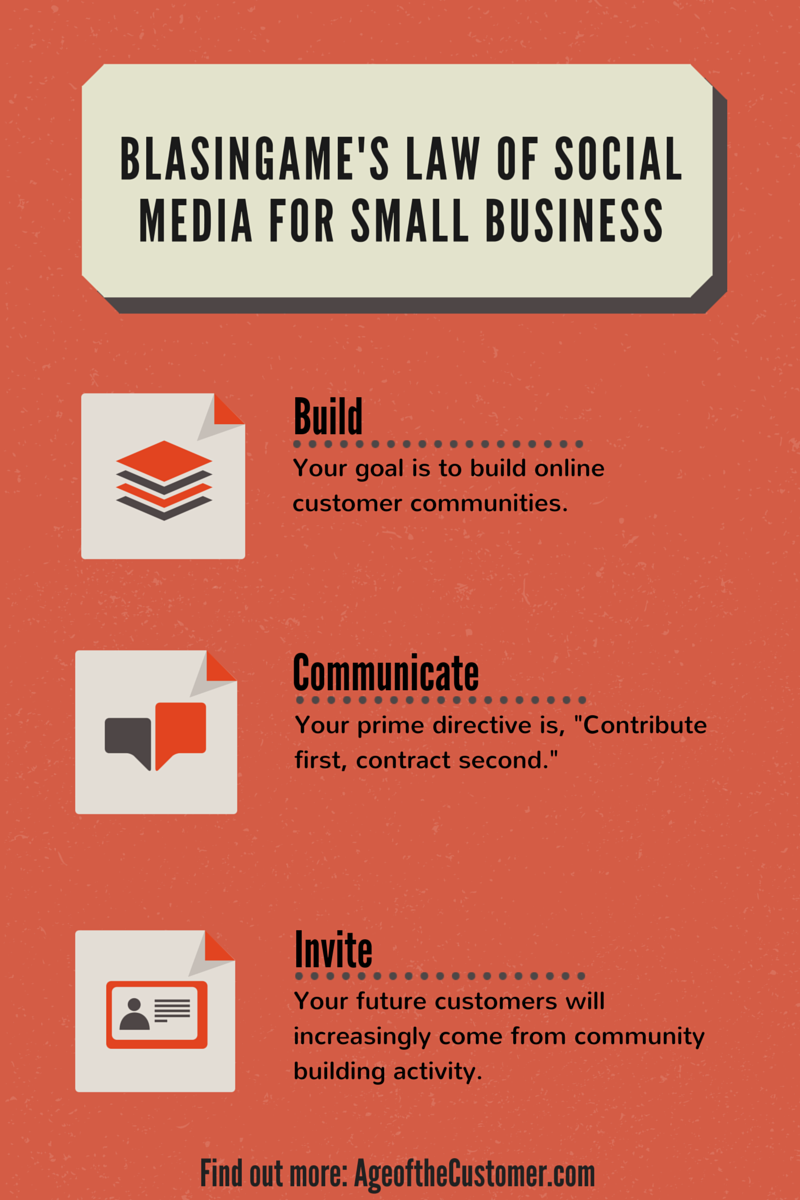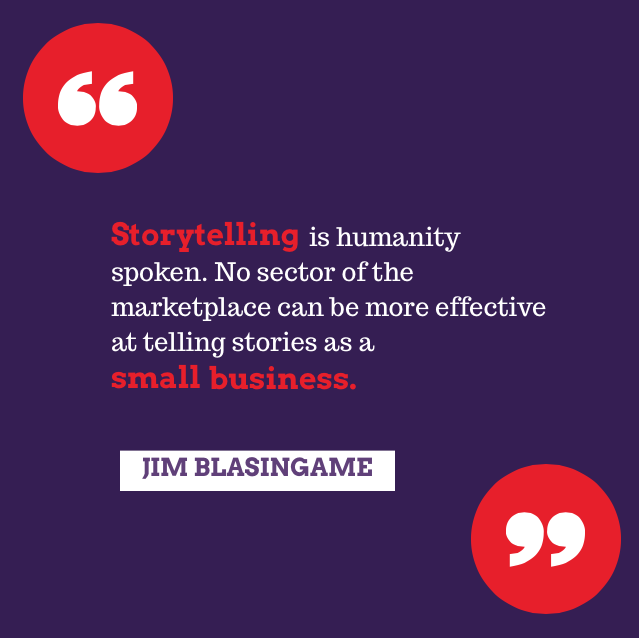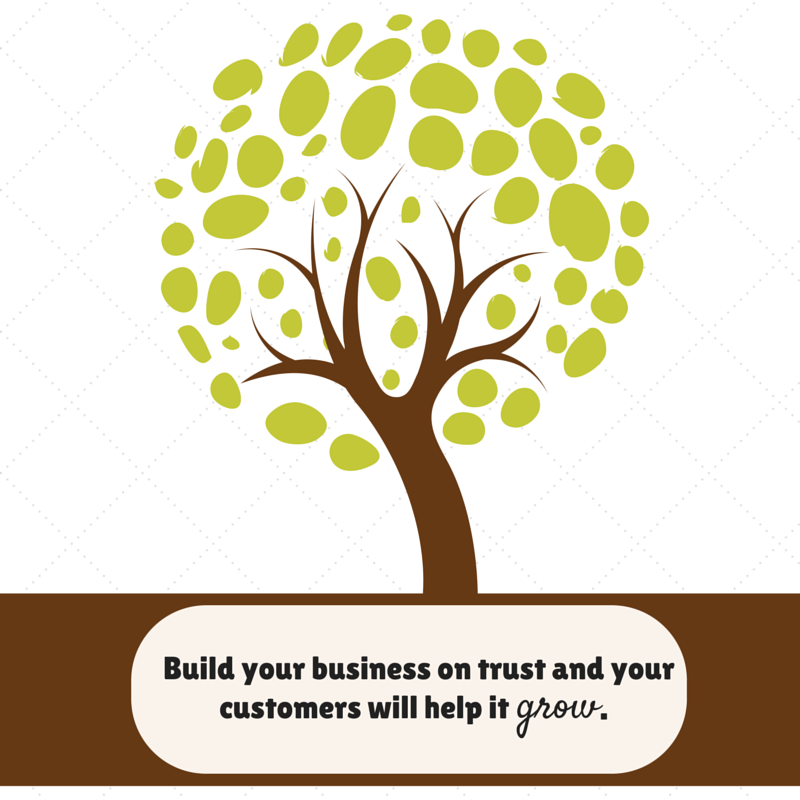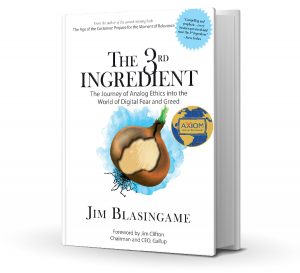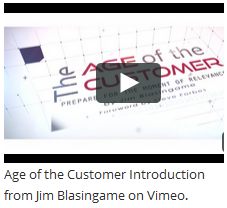Don’t slay your business alligators, starve them
Small business owners know all about that metaphorical business reptile — the ubiquitous alligator. They seem to pop up everywhere, continuously eating away at business performance and impeding work-life balance.
Best-selling author and friend, Marc Allen, introduced me to a way to minimize the impact of alligators. When he has a difficult challenge, he has “a word with himself” as follows:
“I will deal with this problem in an easy and relaxed manner, in a healthy and positive way.”
Clear your mind of other issues except the alligator at hand: negative cash flow, lost customer, etc. Close your eyes, breathe deeply and repeat after Marc with emphasis on the key words: easy, relaxed, healthy and positive. I found that saying it out loud seems to improve focus; perhaps hearing the words make them sink in better.
This affirmation is also a great way to start the day and fits right into a prayer.
As the CEO of your business, it’s your job to deal with business alligators because they don’t go away on their own. If your enterprise is to survive, let alone flourish, you have to deal with each alligator that pops up. To paraphrase Rudyard Kipling, your business’s sustainability and organizational effectiveness depends on the ability to keep your head when all around alligators are trying to take it off.
To keep your head and at least stay even with the alligators you must do three things. This first two we’ve talked about in the past: show up every day and practice operating fundamentals.
The third thing is something even the most capable and professional manager benefits from: positive self-talk. For example, before you go best-two-falls-out-of-three with the next alligator, remember: easy, relaxed, healthy, positive.
Positive self-talk is important for your spirit — you know, the force that drives your protoplasm around. You probably take good care of your body: healthy diet, exercise, all that. But are you feeding your spirit?
Business alligators love a malnourished spirit; it’s their favorite food and they’re voracious eaters. But a well-nourished spirit reduces the size of alligators, which contributes to success. And a strong spirit is a confident spirit, and alligators hate the taste of confidence.
Confidence comes with experience, which you get by showing up every day, practicing the fundamentals, and using positive self-talk to remind yourself that you have the right to feel confident.
It takes more than positive self-talk to slay an alligator, but it will minimize an alligator’s impact.
Write this on a rock … Repeat after Marc: Easy . . . relaxed . . . healthy . . . positive.
Jim Blasingame is the author of the award-winning book, “The Age of the Customer: Prepare for the Moment of Relevance.”
Should the Internet become a utility?
As you may remember, I’ve been reporting on the Net Neutrality issue for over a decade, including all the significant players in the debate.
 Most reasonable people agree that one of the reasons the Internet has been such a phenomenal success is because it has been so lightly regulated. However, as I reported recently, President Obama has taken executive steps to make the Internet a public utility, subject to all sorts of government oversight.
Most reasonable people agree that one of the reasons the Internet has been such a phenomenal success is because it has been so lightly regulated. However, as I reported recently, President Obama has taken executive steps to make the Internet a public utility, subject to all sorts of government oversight.
When we asked our small business audience what they thought about this plan, almost three-fourths reject the president’s idea, with only 2% who think his plan is good.
One reason for this overwhelming response against the president is because small business owners have benefited on many levels, directly and indirectly, from an unencumbered Internet. And since over half of the U.S. economy is produced by small businesses, the president should pay attention to what this sector thinks.
In case you missed them, here are links to three articles I’ve written about the president’s behavior regarding the Internet.
Why you should care about the net neutrality debate
If you like your Internet, you may not be able to keep it
Obama’s Internet words don’t match his actions
Five Things to Do for a Successful Referral Strategy
For as long as businesses have tried to get customers to buy their stuff, a referral has been the holy grail of prospecting. Like the mythical chalice, a referral is golden.
To emphasize the power of referrals, allow me to introduce “Blasingame’s Prospect Entrée Spectrum” (BPES), which is a way of valuing the method used to get in front of a prospect.
The BPES is on a scale of 1-10, with a cold call being a 1, and the unqualified referral a 10. The difference between scoring a referral and making a cold call is, to borrow from Mark Twain, like the difference between lightning and a lightning bug. Let me put a sharper point on that: In the Age of the Customer, cold calling is a fool’s errand.
Asking for and getting an appointment is a 5. From 2 to 5 on the spectrum are varying degrees of quality of connection that you attempt without a referral, like networking. From 6 to 9 represents varying quality of referrals. For example, a 6 is a casual referral with one of two qualifications attached: either the referrer doesn’t know you well, or doesn’t know the prospect well. The goals is to demonstrate you’re worthy of a full-throated, unqualified referral — 10 — which is almost money in the bank. When you hear someone say they’re working smarter, not harder, it means they’re earning lots of referrals, including an increasing number of 10s.
Here are five things to do to sustain a successful referral strategy:
2. Help customers give you referrals by teaching them how to tell others about you and your business. Instructions must be short and sweet, like an elevator pitch.
3. Be worthy of a referral. Take good care of the referred prospect, even if you don’t make a sale.
4. Thank the referrer every time, in person if possible, regardless of the result of the referral. Remember, getting a referral is success.
5. If you want to get referrals, give them to others.
On that last point, in Ecclesiastes 11:1, King Solomon wrote, “Cast your bread upon the water and in time it will come back to you.” Three millennia later, Ivan Misner, my friend and founder of Business Network International (BNI) gave us a handier way to remember the law of reciprocity. Ivan simply says, “Givers gain.” Beautiful.
In the Age of the Customer if you’re not asking for and getting referrals, you’ll have to work much harder than is necessary just to survive.
Write this on a rock … Seek the holy grail and Perfect 10 of prospecting – the unqualified referral.
It’s time to adapt to the new age of technology
 His technology was crude by modern standards, but it did what technology does: leverage the productivity of human beings. During the year Ford’s assembly line was first put in service, he wasn’t just using technology he was creating it. He also turned 50.
His technology was crude by modern standards, but it did what technology does: leverage the productivity of human beings. During the year Ford’s assembly line was first put in service, he wasn’t just using technology he was creating it. He also turned 50.The list of technology options today is long and growing and available in features-rich products that support and improve virtually every business task. How much are you adopting technology to help you leverage the humans in your organization?
Why you should care about the net neutrality debate
As policy battle lines are being drawn in Washington, there’s one important issue being debated that might not stay on your radar like Obamacare and immigration.
It’s called “net neutrality,” and I’m concerned it might not get the attention it deserves, even though it could have significant long-term implications. My goal here is to simplify net neutrality so you understand how it can impact your business and how to join the debate.
The term is pretty intuitive. Net neutrality means all Internet traffic gets treated the same, which is what we’ve had for over 20 years; there’s essentially no government regulation of the Internet and no Internet taxes. Also, there’s no preference for, or discrimination against any sender or receiver of email, web pages, music or movies, regardless of bandwidth used via fixed or mobile networks.
Three groups have a stake in net neutrality: carriers, content producers and a regulator.
Carriers fill two roles: 1) Local Internet service providers (ISP) connect you to the Internet; 2) national networks, like AT&T and Sprint, own the “backbone,” the physical infrastructure – fiber – that hauls digital traffic between ISPs. Carriers want to charge different rates based on content quantity and speed, which is contrary to net neutrality. Without targeted revenue for their finite bandwidth inventory, they argue, innovation and investment will stall.
Content producers include Google, NetFlix, Facebook and virtually every small business. If you have a website, sell a product online, conduct email marketing or have an instructional video on YouTube, you’re a content producer. Content producers love net neutrality because turning the Internet into a toll road increases business costs and could make small businesses less competitive.
The regulator is the Federal Communication Commission (FCC), led by Chairman Tom Wheeler. Some content producers have asked the FCC to defend net neutrality. But here’s what that request looks like to a politician: President Obama wants the FCC to reclassify and regulate broadband Internet connection as a utility, which is not the definition of net neutrality.
Net neutrality is complicated because it’s easy to appreciate both business arguments. Plus, some even have a stake in both sides of the issue, like a cable company that owns TV stations and movie studios. But inviting the government to referee this marketplace debate is a Faustian bargain because what government regulates it also taxes, and once started, won’t stop.
Write this on a rock … A regulated and taxed Internet is not net neutrality.
Freedom is not free
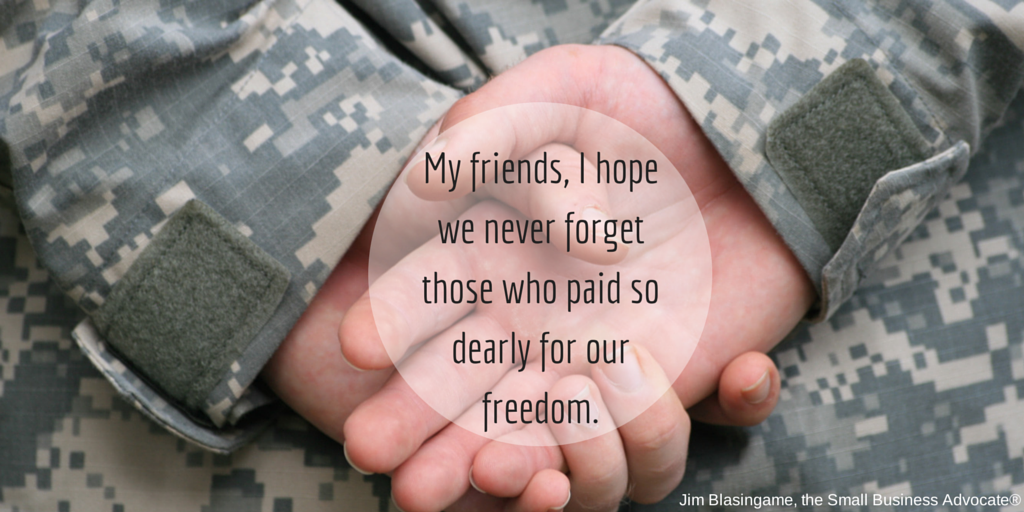 Contemplating the blessing of freedom, wherever it may be found, one prime truth is evident: Freedom is not free. And for those of us who are the beneficiaries of those who paid the ultimate price for our freedom, the only method of repayment — the only way we can ever be worthy of their sacrifice — is if we do all we can to maintain the freedom that has been paid for and given to us.
Contemplating the blessing of freedom, wherever it may be found, one prime truth is evident: Freedom is not free. And for those of us who are the beneficiaries of those who paid the ultimate price for our freedom, the only method of repayment — the only way we can ever be worthy of their sacrifice — is if we do all we can to maintain the freedom that has been paid for and given to us.
In honor of all of our veterans, past and present, I’d like to offer this poem written by Commander Kelly Strong, USCG (Ret.) in 1981 when he was a high school senior (JROTC cadet) at Homestead High School, Homestead, FL. It is a tribute to his father, a career marine who served two tours in Vietnam.
Freedom Isn’t Free
I watched the flag pass by one day.
It fluttered in the breeze.
A young Marine saluted it,
And then he stood at ease.
I looked at him in uniform
So young, so tall, so proud,
With hair cut square and eyes alert
He’d stand out in any crowd.
I thought how many men like him
Had fallen through the years.
How many died on foreign soil?
How many mothers’ tears?
How many pilots’ planes shot down?
How many died at sea?
How many foxholes were soldiers’ graves?
No, freedom isn’t free.
I heard the sound of taps one night,
When everything was still
I listened to the bugler play
And felt a sudden chill.
I wondered just how many times
That taps had meant “Amen,”
When a flag had draped a coffin
Of a brother or a friend.
I thought of all the children,
Of the mothers and the wives,
Of fathers, sons and husbands
With interrupted lives.
I thought about a graveyard
At the bottom of the sea
Of unmarked graves in Arlington.
No, freedom isn’t free.
My friends, I pray that we never forget those who paid so dearly for our freedom. Have a safe, happy and respectful Veterans Day.
Thanks for being part of my community. I’ll see you on the radio and the Internet.

